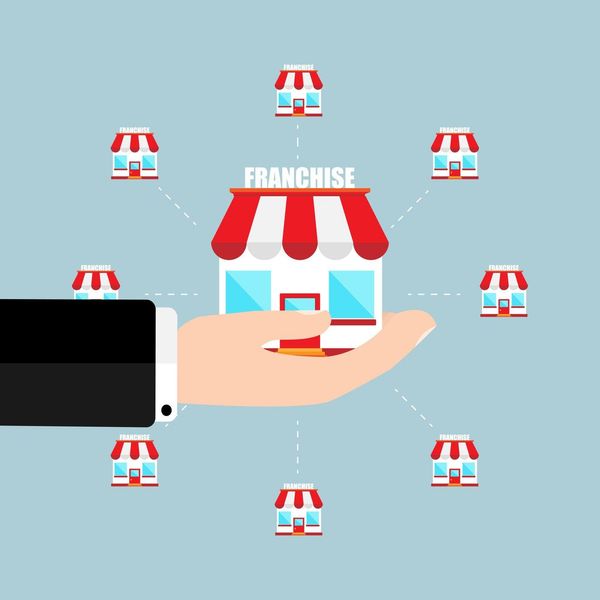Privacy and the Franchise Laws
Two revisions to franchise disclosure requirements imposed on franchisors have had a big impact on the privacy of the people involved in franchise sales at both the franchisor and franchisee levels.
The first change was subtle but it was a huge relief to people representing franchisors in the franchise sales process. Most of the franchise registration states require that every franchise salesman file a form with state authorities. For the 30 years, until 2008, that form included the salesman’s home address and Social Security number. State authorities would do their best to keep the forms confidential, but after the turn of the century as ID theft became more threatening, there was increasing pressure from salespeople to withhold their personal information. NASAA changed the form and dropped the personal information listings. A victory for privacy, albeit a small one. It means that you will no longer need to pay for the privilege of being in franchise sales by having your Social Security number and home address floating around the country in the hands of state franchise regulators.
The second revision has had a more sweeping impact and directly affects and limits the Franchise Disclosure Document (FDD) information shown for current and former franchisees. For current franchisees, the rule stresses that it is business contact information that must be disclosed, and not home addresses or home telephone numbers. This is a challenge where franchisees are home-based businesses. In that case, the rules allow the franchisor to substitute a PO box or email address for the home address, and to list a telephone number only if there is a separate phone line for the business. And if there is no separate telephone line for the business the FDD should show an email address only.
The FDD, like the Uniform Franchise Offering Circular (UFOC) before it, requires a listing of contact information for franchisees who departed the franchise system in the prior fiscal year, but that information is now also limited in the FDD to “name, city and state, and current business telephone number” of the former franchisee. A last known home telephone number should be included only after the franchisor “should first attempt” to disclose a current business telephone number, even if the former franchisee has gone into another business. If the former franchisee has no business telephone number, if he or she has retired, for instance, then – and only then – the franchisor may include the last known home telephone number.
This puts an interesting and beguiling disclosure burden on franchisors, but it does require all involved to favor the privacy interests of current and former franchisees, and that is a step in the right direction.
As a final, confusing nod to privacy, in conjunction with the contact listings in Item 20, the FDD ominously advises the reader: “If you buy this franchise, your contact information may be disclosed to other buyers when you leave the franchise system.” It would have improved the disclosure format, and been more truthful, for the document to state that the potential disclosure contact information is limited, and “may be” required for only one year after a franchisee leaves the system. Makes me wonder why the regulators went to such welcomed extremes to protect franchisee privacy but preferred to deliver this vague and ominous threat to the privacy of prospective franchisees reading the FDD.
Andrew Caffey is one of the nation’s leading franchise legal specialists and he represents franchisors across the United States. Caffey served as General Counsel of the International Franchise Association, a member of the Governing Committee of the ABA Forum on Franchising, and Chair of the ABA Forum on Franchising. He also is a member of the bar in Maryland and the District of Columbia, and a member of the Panel of Neutrals of the American Arbitration Association. Caffey has appeared on numerous franchise programs and is a frequent speaker and author on subjects of franchise and business opportunity regulation.



